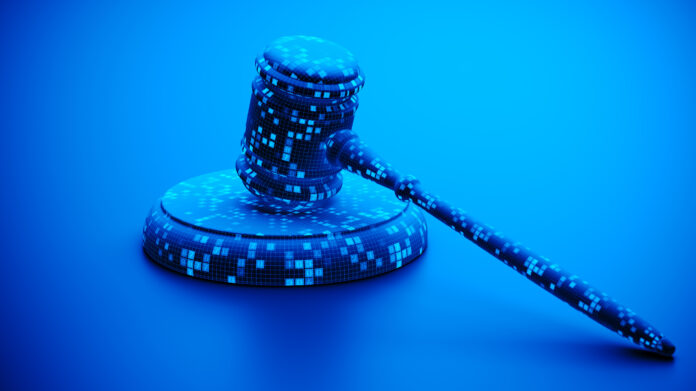
Artificial Intelligence (AI) is rapidly transforming industries, economies, and societies. From improving healthcare outcomes to revolutionizing business operations, AI has become a driving force in today’s digital world. However, the growing power of AI also presents significant challenges, including ethical dilemmas, privacy concerns, and potential misuse. As AI technologies continue to evolve, the need for robust tech policy in AI governance has never been more urgent. Governments, tech companies, and international organizations must collaborate to ensure that AI is developed and deployed responsibly.
Why AI Governance Matters
AI governance refers to the framework of policies, regulations, and ethical guidelines that govern the development and use of AI technologies. It ensures that AI systems are transparent, accountable, and fair, minimizing risks while maximizing societal benefits. Without proper governance, AI can lead to unintended consequences, such as biased algorithms, loss of jobs, and even violations of human rights.
For instance, biased algorithms in AI systems have been shown to disproportionately affect marginalized communities, such as in facial recognition technologies and criminal justice applications. In 2019, a study revealed that facial recognition systems from leading tech companies, including Amazon and Microsoft, had higher error rates when identifying people of color compared to white individuals.
The Role of Governments and Regulatory Bodies
Governments around the world are beginning to recognize the need for AI regulation and governance. In 2021, the European Union introduced the AI Act, a groundbreaking legislative proposal aimed at regulating high-risk AI systems. The AI Act outlines strict requirements for transparency, accountability, and safety for AI technologies used in critical sectors like healthcare, law enforcement, and transportation.
Similarly, the U.S. government has been ramping up efforts to regulate AI with the National AI Initiative Act of 2020, which promotes collaboration between federal agencies to develop AI governance frameworks. This legislation highlights the importance of ensuring that AI systems uphold democratic values and do not compromise civil liberties.
Ethical AI: The Role of Tech Companies
While governments play a crucial role in shaping AI policy, tech companies are equally responsible for implementing ethical AI practices. Leading firms like Google and Microsoft have launched internal AI ethics boards to guide the responsible development of AI. For example, Google’s AI Principles emphasize the importance of avoiding harmful or unfair outcomes and call for AI systems to be socially beneficial. However, these initiatives alone are not enough. Many experts argue that independent oversight and government regulations are necessary to ensure that tech companies are held accountable.
In recent years, the lack of regulation around AI has led to several high-profile controversies. In 2020, Google faced backlash after it fired two prominent AI ethics researchers who had criticized the company’s approach to AI ethics, raising concerns about transparency and accountability in the tech industry.
International Cooperation in AI Governance
AI governance is not just a national issue; it requires global collaboration. The Organisation for Economic Co-operation and Development (OECD) has taken significant steps to promote international cooperation on AI governance by establishing the OECD AI Policy Observatory, which brings together policymakers, experts, and stakeholders to share best practices and develop global standards for AI.
Additionally, the United Nations has called for a global ban on lethal autonomous weapons, also known as “killer robots,” which use AI to make life-or-death decisions without human intervention. This highlights the need for international treaties and agreements to address the ethical implications of AI in military applications.
The Future of AI Governance
As AI technologies become more integrated into everyday life, the need for comprehensive AI governance will only increase. The next decade will likely see more countries adopting AI-specific regulations and establishing oversight bodies to ensure that AI is developed ethically and responsibly. Moreover, the role of AI in critical areas such as healthcare, finance, and law enforcement underscores the need for immediate action in shaping the future of AI policy.
The path forward will require collaboration across governments, industries, and civil society to ensure that AI benefits everyone, not just a select few. Policymakers must balance innovation with safeguards, protecting both individual rights and public safety.
The rapid advancements in AI call for immediate and thoughtful action in terms of governance. As AI becomes a cornerstone of modern technology, robust policies are needed to ensure that its deployment is ethical, fair, and accountable. Governments, tech companies, and international organizations must work together to create a future where AI enhances human well-being while minimizing risks. As we move forward, the role of tech policy in AI governance will be crucial in navigating the challenges and opportunities that lie ahead.




